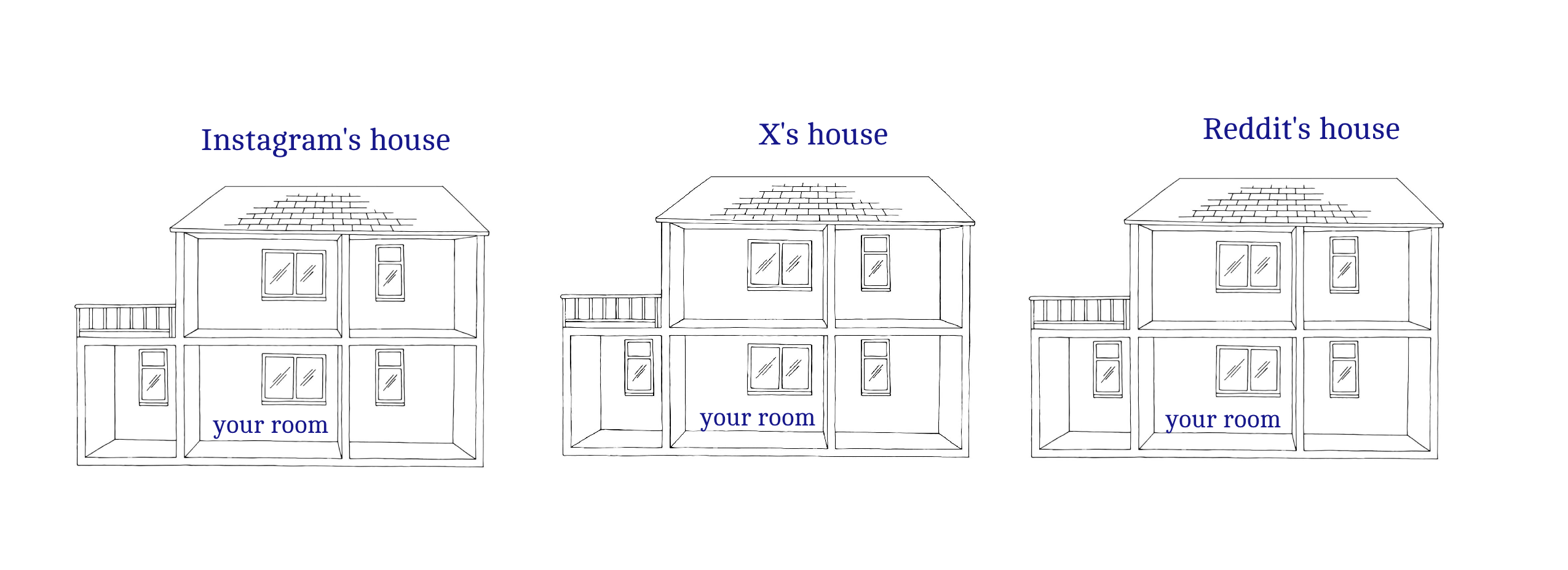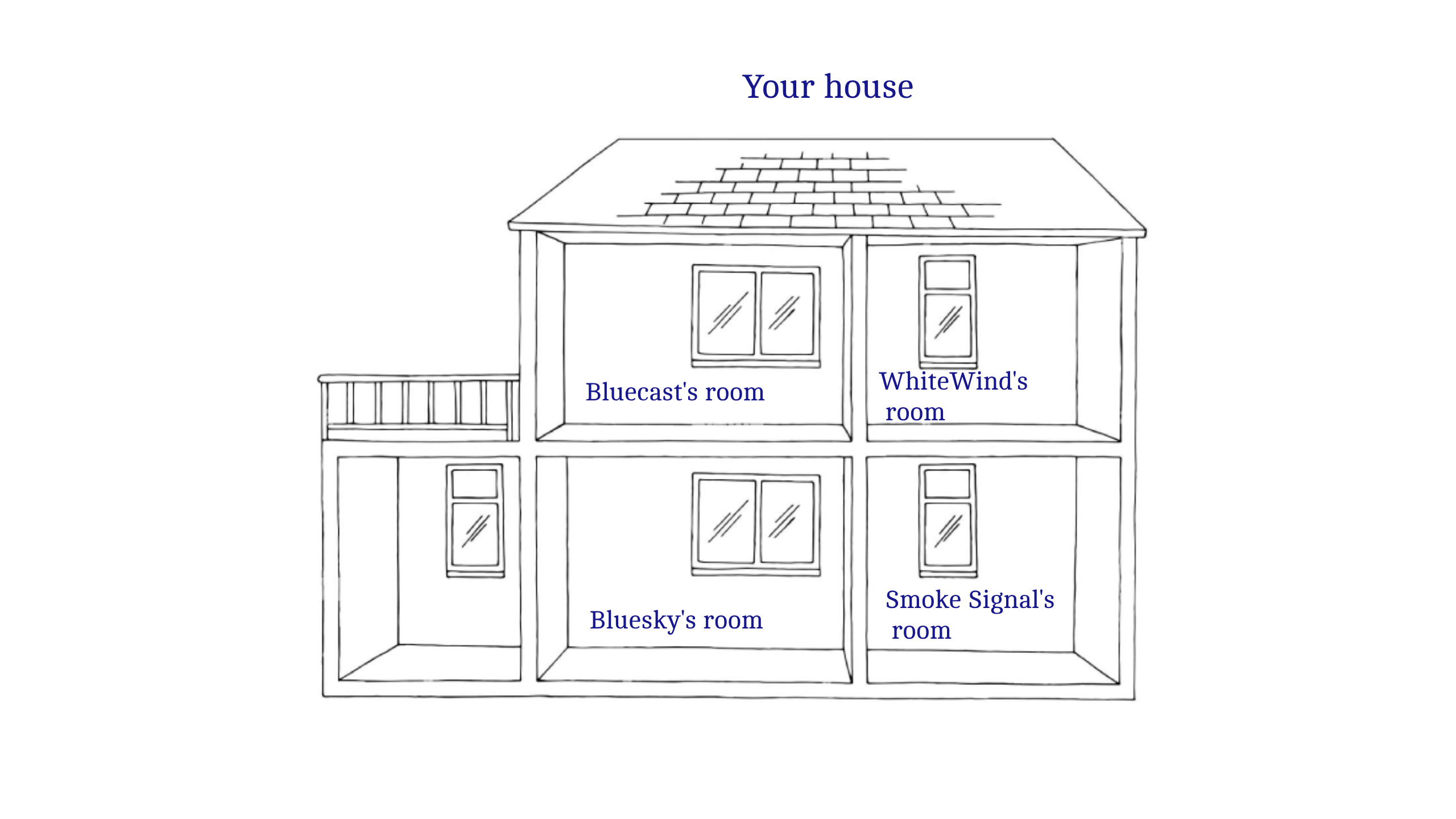While Bluesky looks like other social apps, it’s actually quite different. It’s an open network.
The app’s simplicity is intentional because user experience matters. In reality, you won’t need to know about the “open network” to use the app, in the same way that people who browse the Internet don’t need to know that it’s a series of tubes.
This blog post is intended for non-engineers. You can find technical docs for the AT Protocol here.
Bluesky as a browser
Perhaps you're using Google Chrome. Maybe you have some extensions installed: AdBlock, a password manager, a to-do list. There's a whole marketplace of extensions that are built by independent developers who do not work at Google. This is a win-win across the board: users can customize their browsing experience, independent developers have a way to distribute their apps, and Chrome is more likely to retain users by providing a useful service.
I sometimes describe Bluesky as a browser with a whole marketplace of extensions, made possible by its open network. Perhaps you want a Tweetdeck-like experience of Bluesky? There’s deck.blue. A no-code way to create custom feeds? Try out SkyFeed or Bluesky Feed Creator. Maybe you want features like drafts or post scheduling that Bluesky doesn’t have yet. Well, the creators of apps like Skeets, Tokimeki, and Skywalker provide that for you.
If Bluesky is "open Twitter"...
Let’s zoom out a bit further. Bluesky is actually just one app built on this open network, which is called the AT Protocol (atproto). If Bluesky is “open Twitter,” then you could imagine an “open Reddit” or an “open Instagram” too. In fact, this is becoming a reality now, with apps like WhiteWind (for blogging), Frontpage (a web forum), Smoke Signal (an events app), and Bluecast (an audio app).
With Instagram, X, and Reddit, you’re creating an account on their app. It’s like you have a room in their house, and you have to follow all of their rules. If their app shuts down, then you lose your room there. This seems to happen every few years — you connect with all your friends, and then that app crumbles. Now, you have to create another account elsewhere all over again.

Owning your identity online
For many people, leaving X was an incredibly hard decision because they had so much history (followers, posts, etc.) there. Starting all over again is both frustrating and intimidating. But if X was built on an open network like Bluesky is, you could easily switch providers and keep your whole audience. This is why we like to say that Bluesky is the last social account you’ll ever have to create, and that it’s “billionaire-proof.” If Bluesky stops providing a great service, you can switch to another one. So your account is your house, and every app gets a room. You don't have to build a new house if you switch out one of your apps.

With atproto (the open network that Bluesky is built upon), you own your social identity online.
Here's an analogy. With phones, you own your phone number and your contact book. I might use AT&T and you use Verizon, but we can still call each other. Let’s say AT&T stops having signal in my city or starts charging me too much. I could switch over to T-Mobile and still have all my contacts and be able to call you. So this puts pressure on AT&T to keep providing a great service in my city, or else I’ll switch. This competition benefits users, and we just haven't had comparable competition in the social media space for a while now.
I’m particularly excited about Bluesky because it’s not just Bluesky returning competition and innovation to social media — it’s an entire ecosystem of independent developers, researchers, and more working with the open network.
Loading comments...